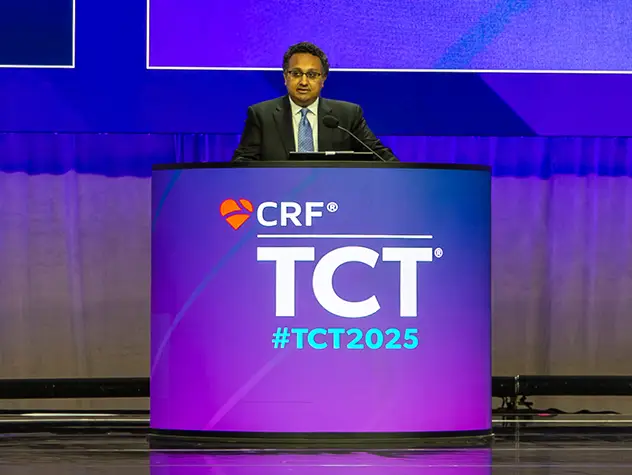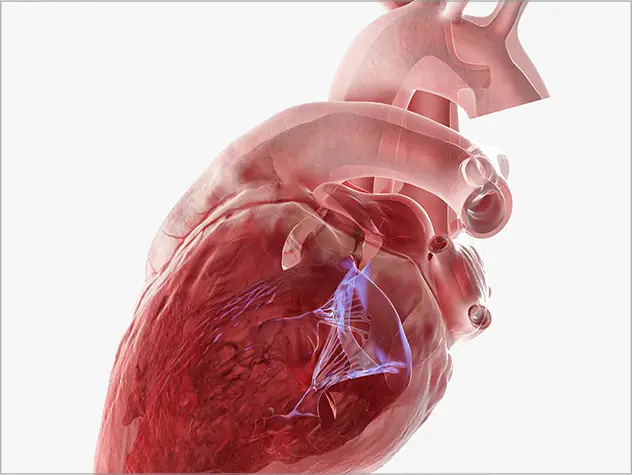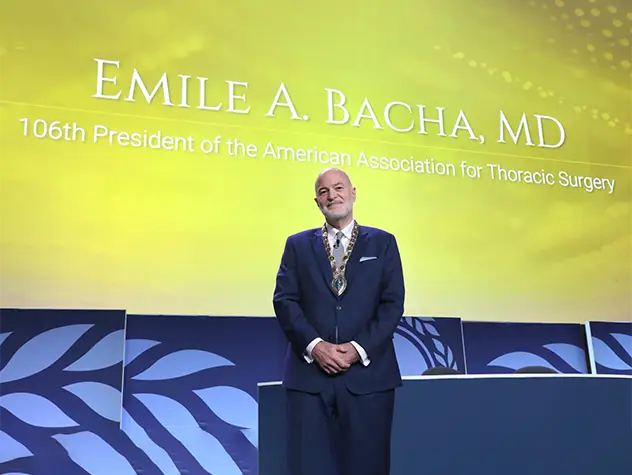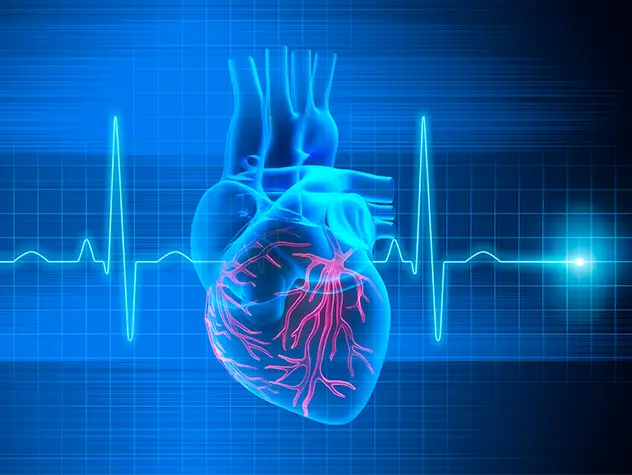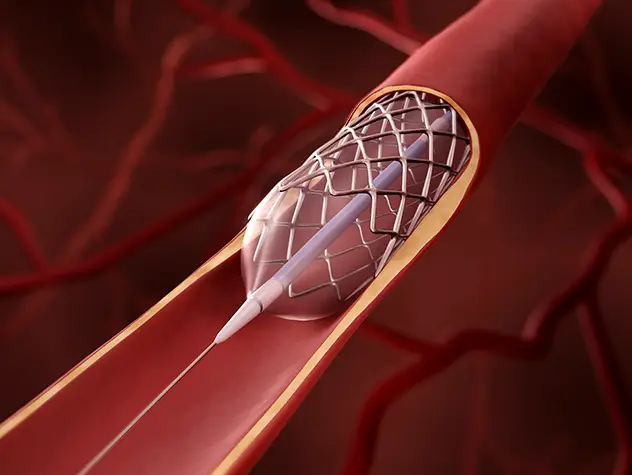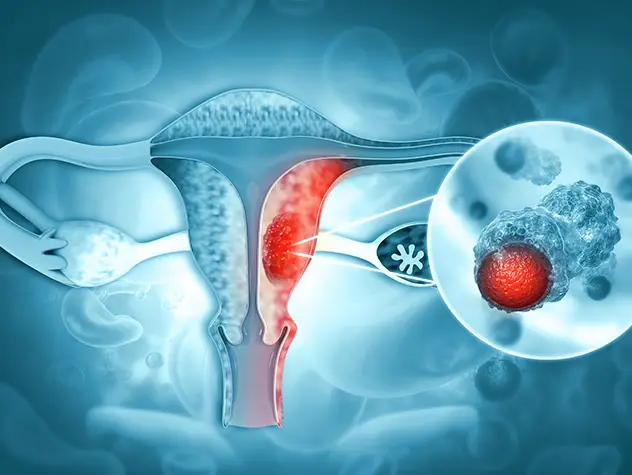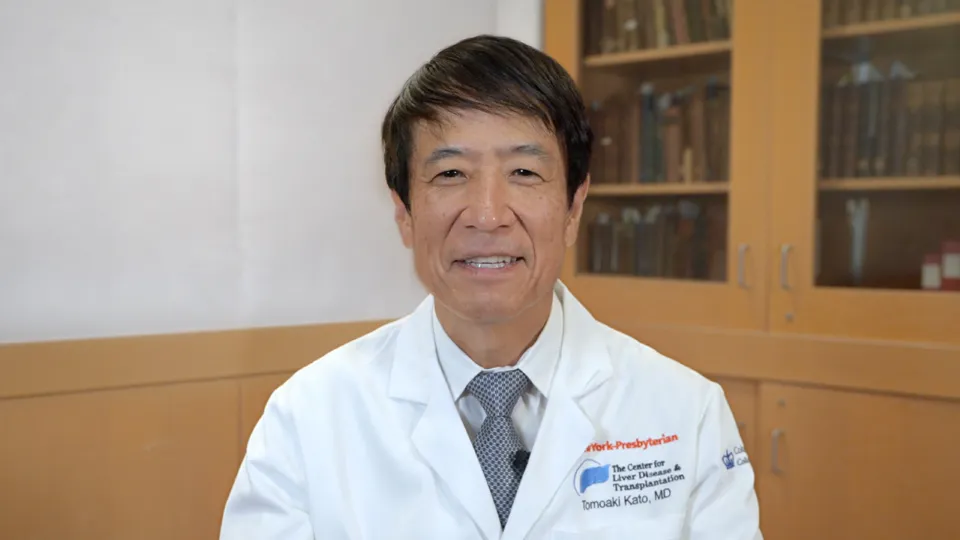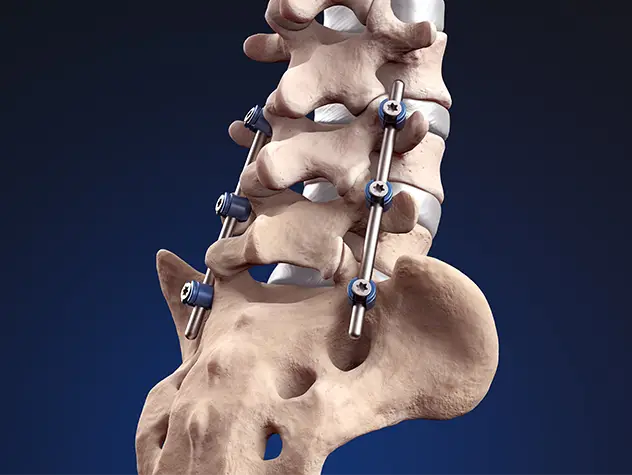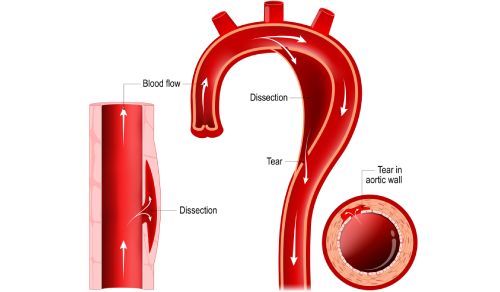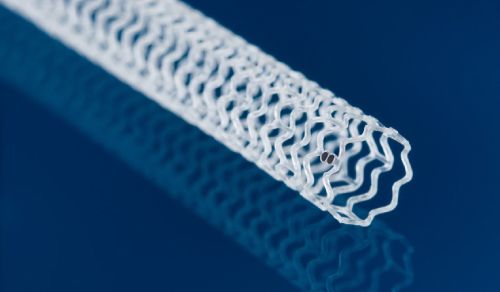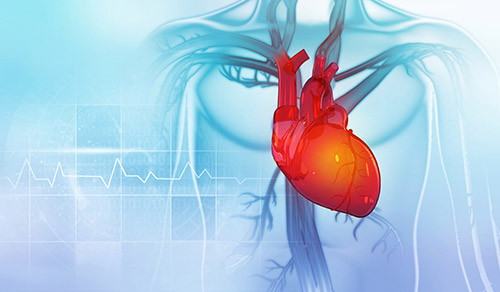Our world-renowned Columbia and Weill Cornell Medicine physicians and surgeons in our comprehensive cardiology, heart surgery, and vascular programs spearhead groundbreaking clinical and scientific research and provide the most innovative treatments to optimize patient outcomes for all stages of disease complexity. Our clinicians are experts in minimally invasive approaches and novel therapeutics for all types of heart disease and work across disciplines to provide compassionate care to all patients.
Cardiology & Heart Surgery
Featured Updates
Neurological spine surgeons Dr. Andrew Chan and Dr. Dean Chou are using these newer techniques to provide patients with fewer complications and faster recoveries.
The Latest




